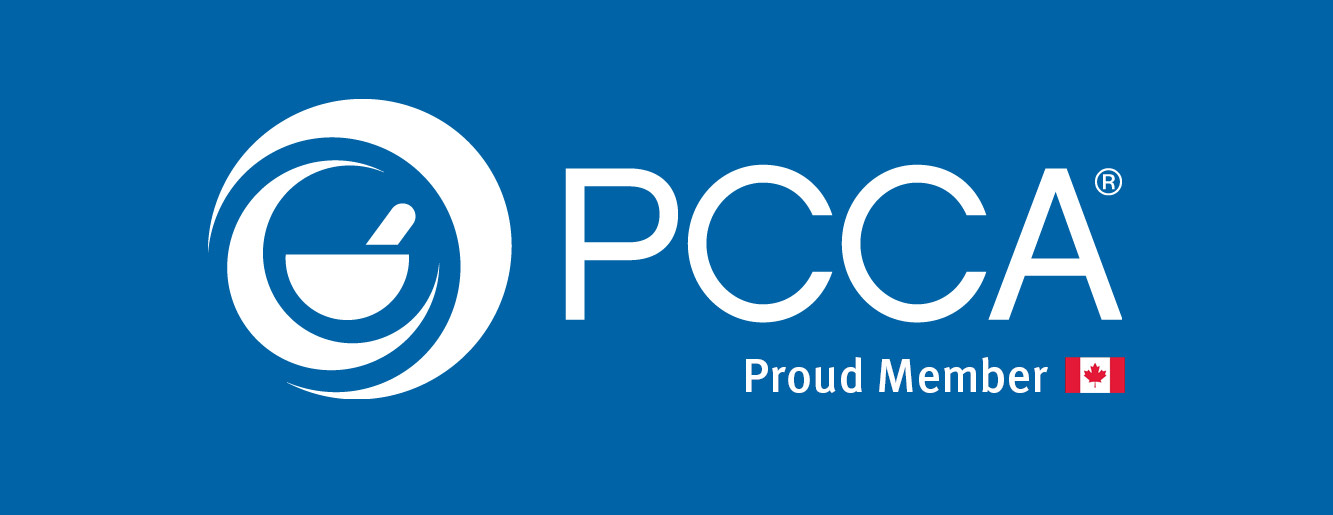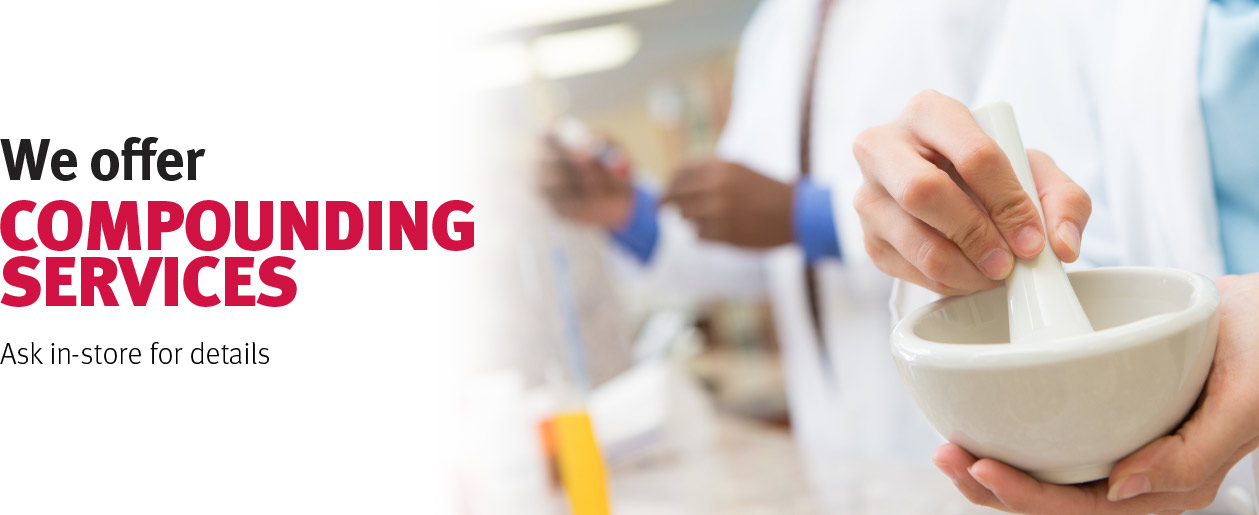Inhibition of epidermal growth factor-induced cell transformation and Akt activation by caffeine
Nomura M, Ichimatsu D, Moritani S, Koyama I, Dong Z, Yokogawa K, Miyamoto K. Mol Carcinog. 2005 Sep;44(1):67-76.
Source
Department of Hospital Pharmacy, School of Medicine, Kanazawa University, Kanazawa, Japan.
Abstract
We found that caffeine significantly inhibited epidermal growth factor (EGF)- and 12-O-tetradecanoylphorbol-13-acetate (TPA)-induced cell transformation in the JB6 mouse epidermal cell line. The tumor promoter-induced cell transformation was also blocked by treatment with an adenosine A1 receptor antagonist, 8-phenyltheophylline (8-PTH). Caffeine slightly attenuated activation of EGF-induced activator protein 1 (AP-1) activation, which play important roles in cell transformation, but only at the highest concentration examined (1 mM). Interestingly, pretreatment with caffeine suppressed EGF-induced phosphorylation and activation of Akt and ribosomal p 70 S6 protein kinase (p 70 S 6 K), a target of Akt, without inhibiting phosphatidylinositol 3-kinase (PI 3 K) activation. The inhibition of Akt activation of caffeine was not a result of its adenosine receptor antagonism. Because Akt plays a key role in signal transduction pathways leading to cell proliferation and apoptosis, our results provide novel insight into possible mechanisms of the chemotherapeutic effect of caffeine.
Back to Physicians Page
Back to Ingredients Page



